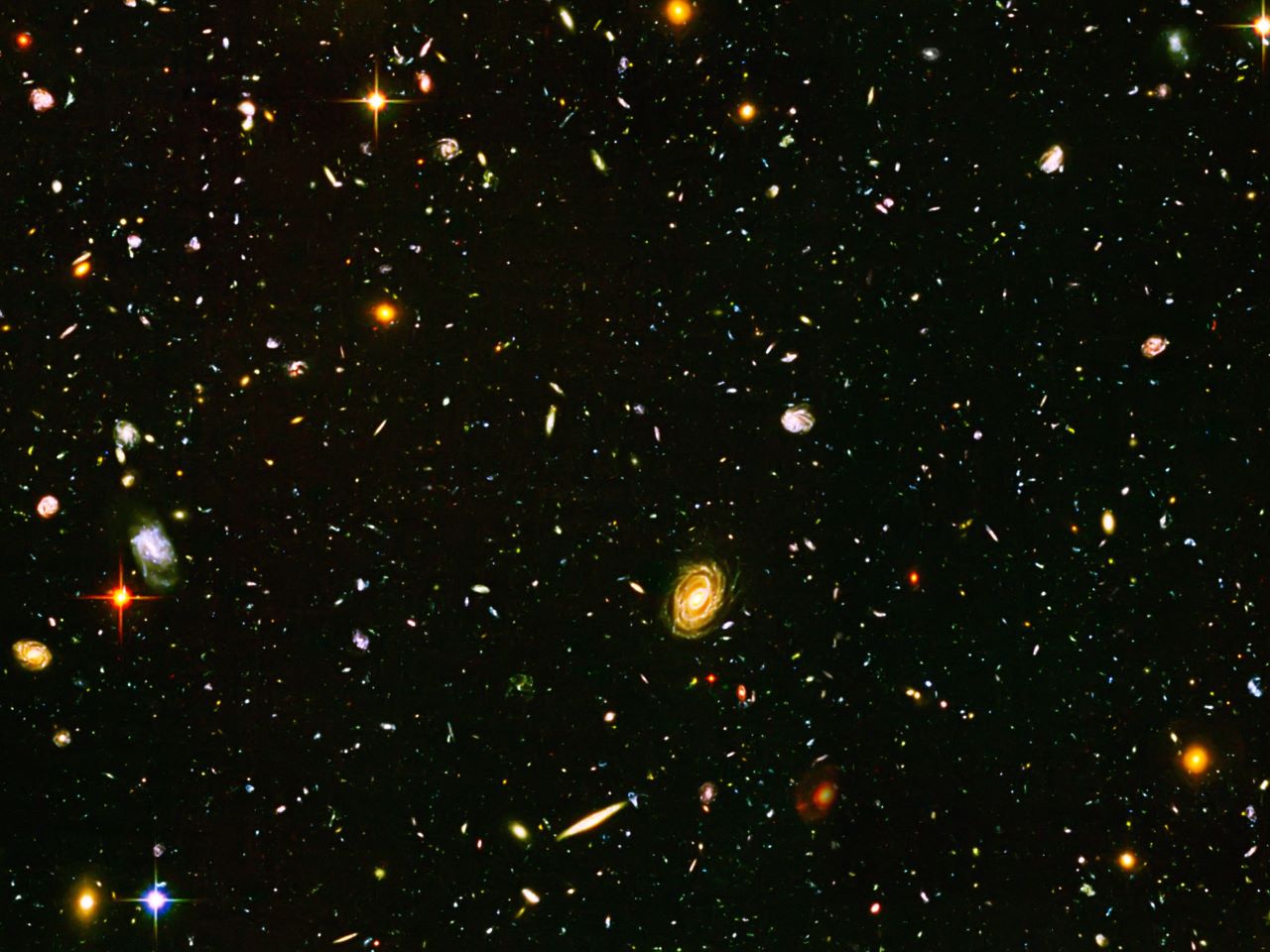As the universe expands faster and farther, so too does our understanding of the forces governing its growth. One of modern astronomy’s most profound mysteries is dark energy, an enigmatic force theorized to be responsible for the universe’s accelerating expansion. Recently, groundbreaking data from the Dark Energy Spectroscopic Instrument, or DESI, has brought new urgency to the study of this cosmic force, with findings that could challenge long-held theories of space and time.
Zachary Slepian, Ph.D., an associate professor in the Department of Astronomy and a member of the Astraeus Space Institute at the University of Florida, is at the forefront of this cosmic investigation. DESI is a US Department of Energy-led international collaboration, and Slepian is helping it peer farther and deeper into our Universe than ever before. DESI involves more than 900 researchers from over 70 institutions worldwide, and UF is a full member through Slepian’s group. Thus, UF is at the heart of the largest, both in terms of person-power and cosmic volume, map of the cosmos humankind has ever made.
“I have been interested in dark energy since I first heard about it as a student in college — not only has it shaped our past 7 billion years, but it will determine the ultimate fate of our universe,” Slepian said. “One of the discoverers, Saul Perlmutter, gave a lecture at Princeton when I was an undergraduate there, and he won the Nobel for it the year I graduated.”
